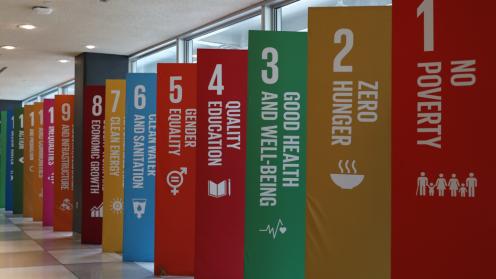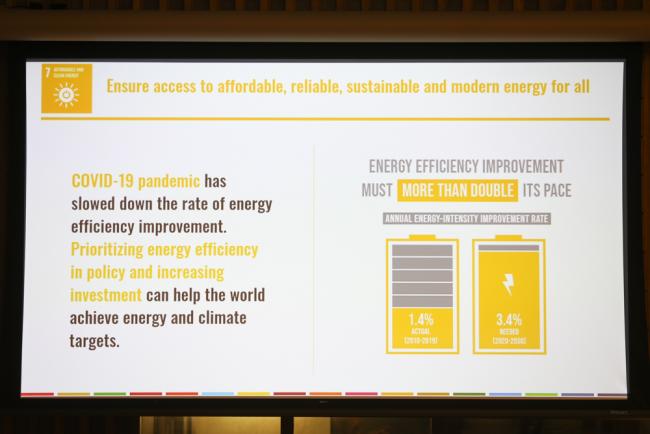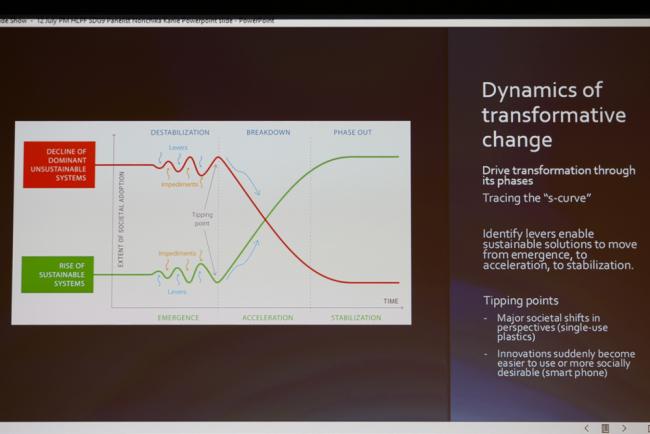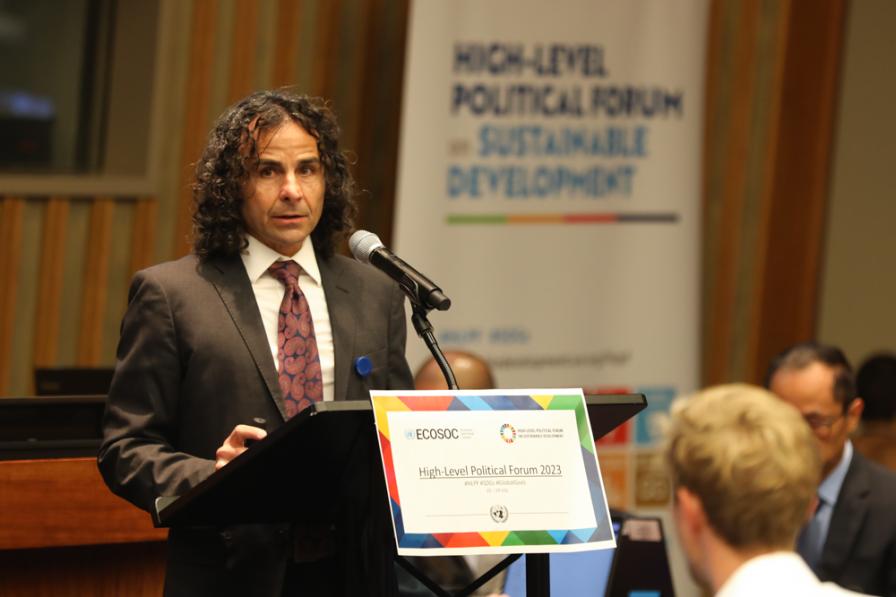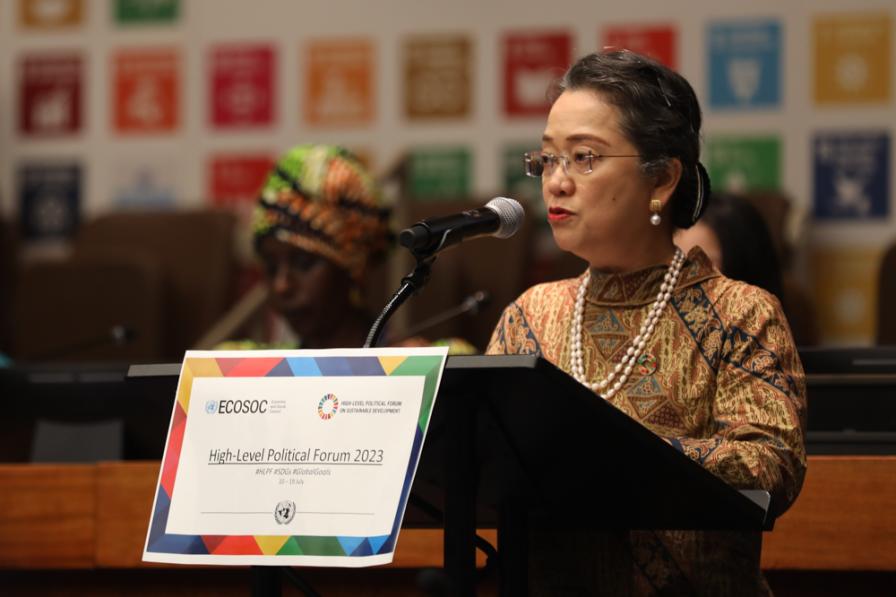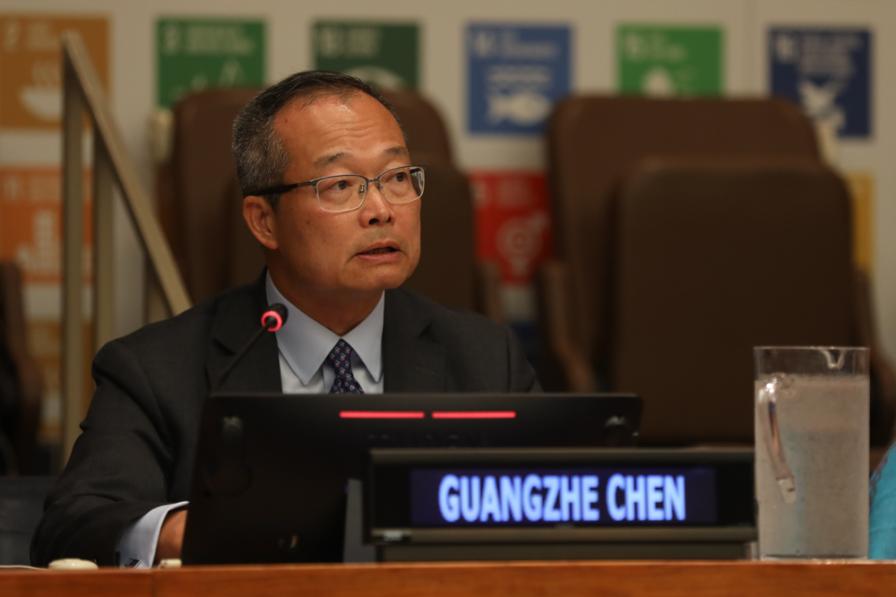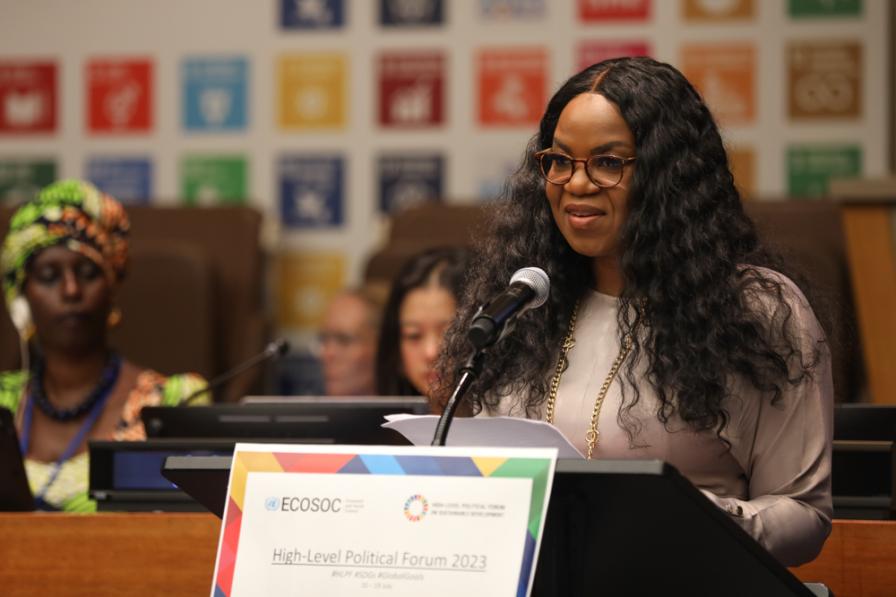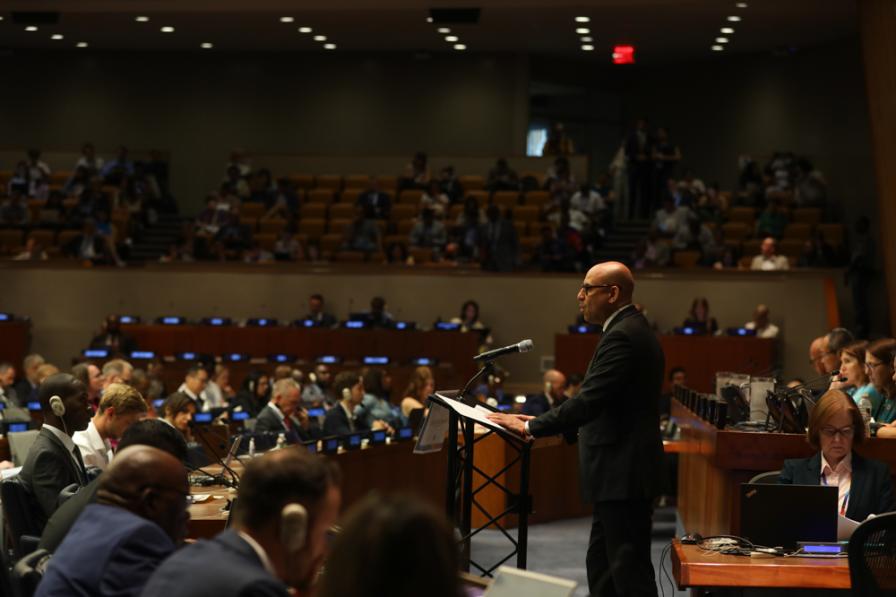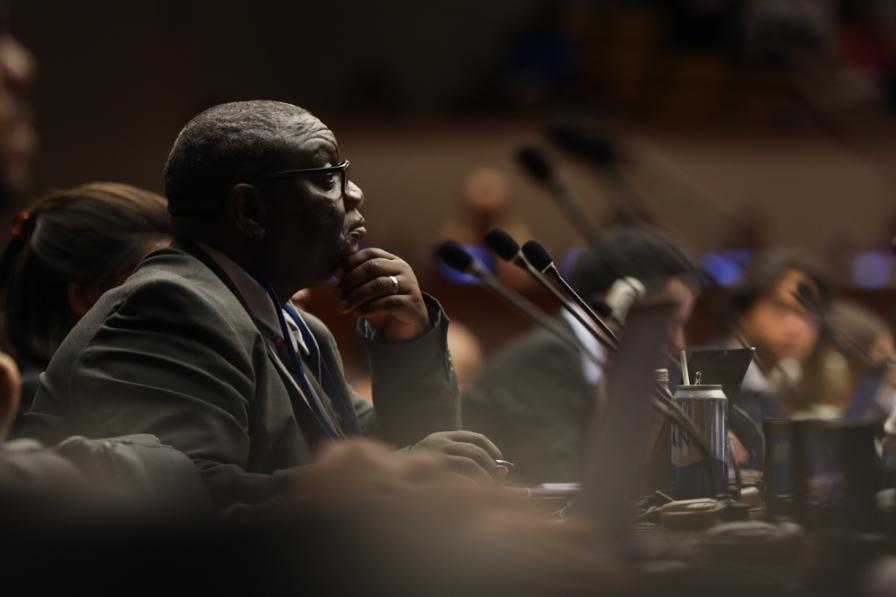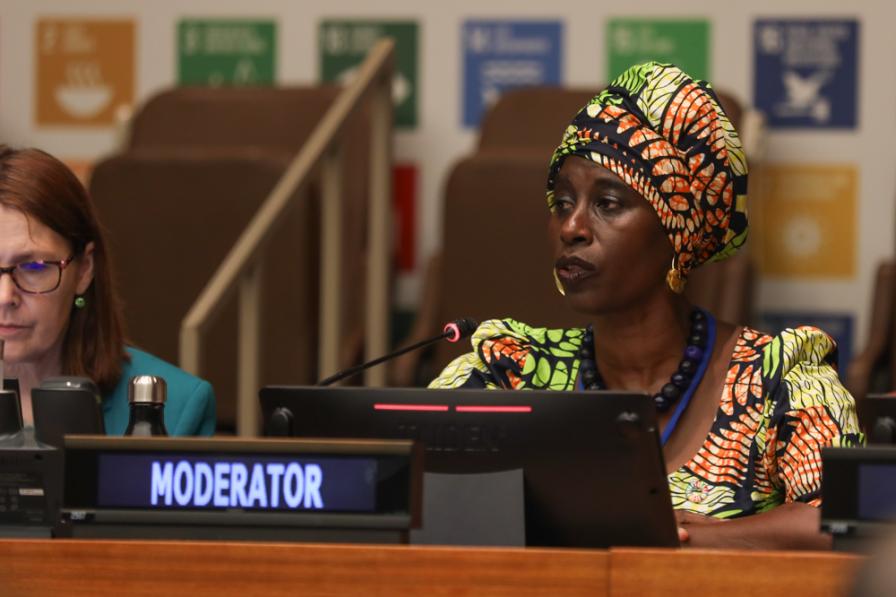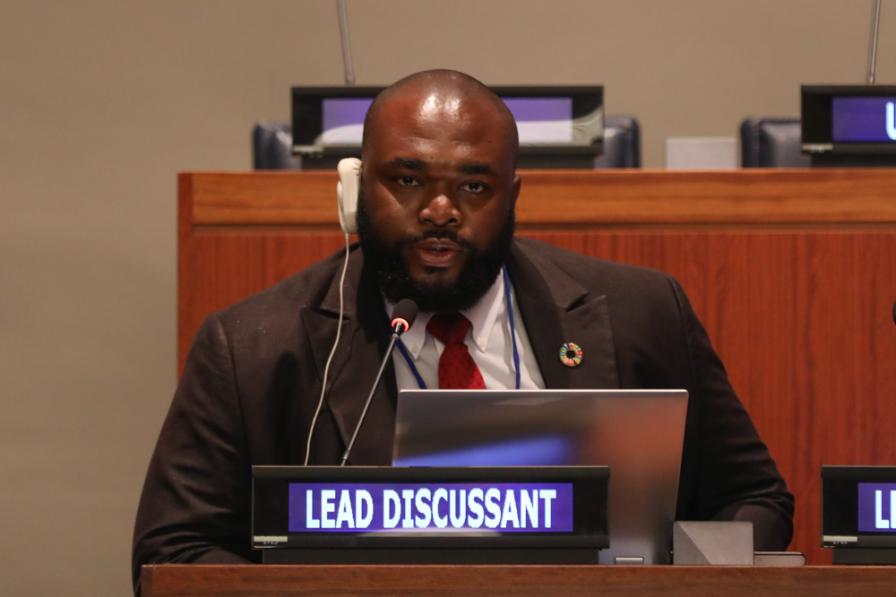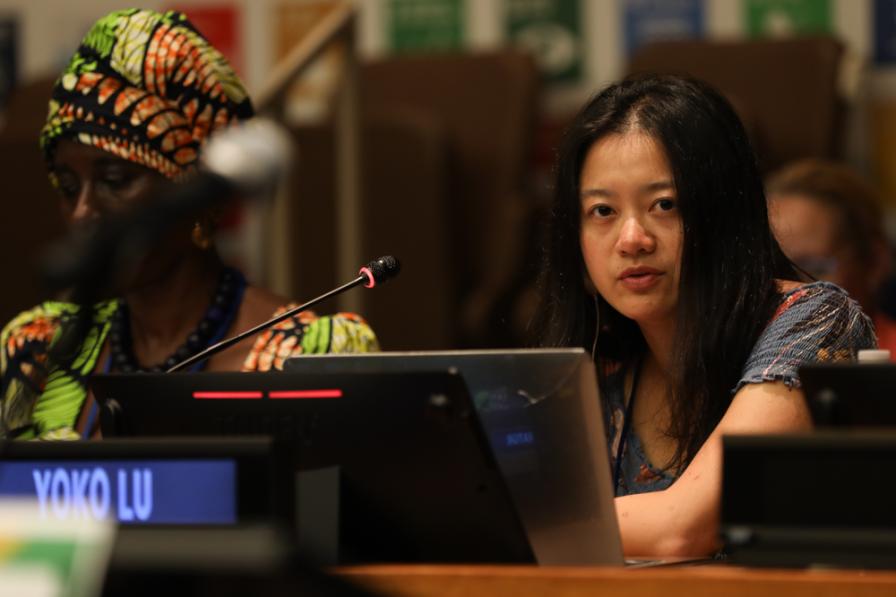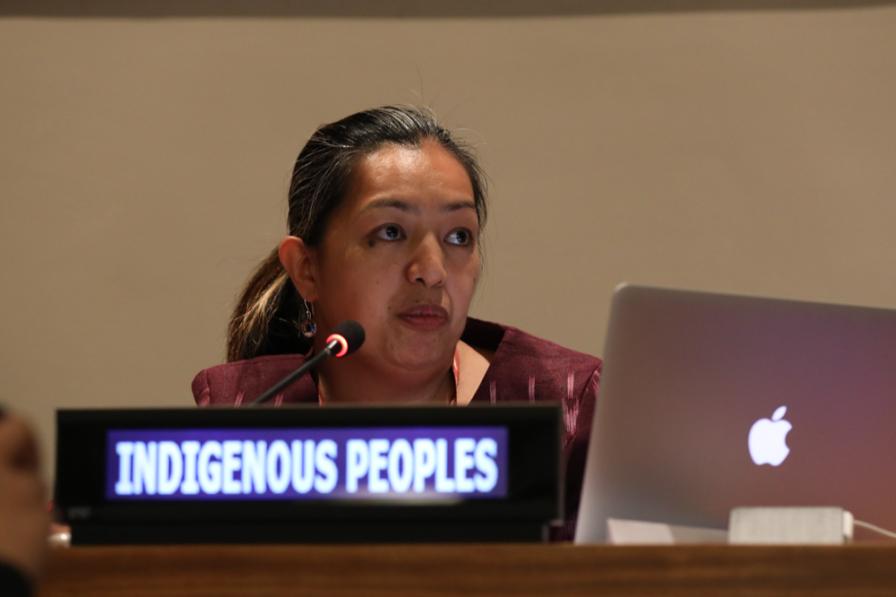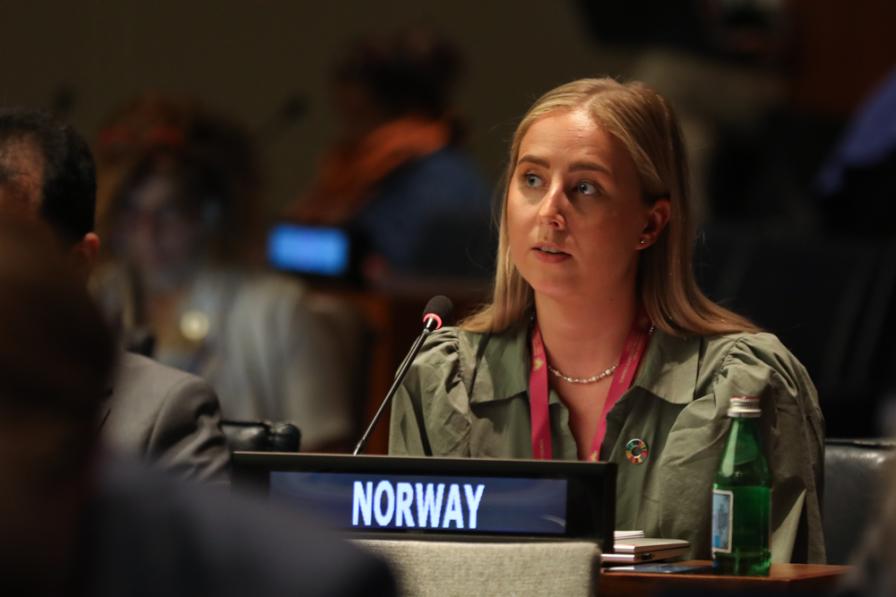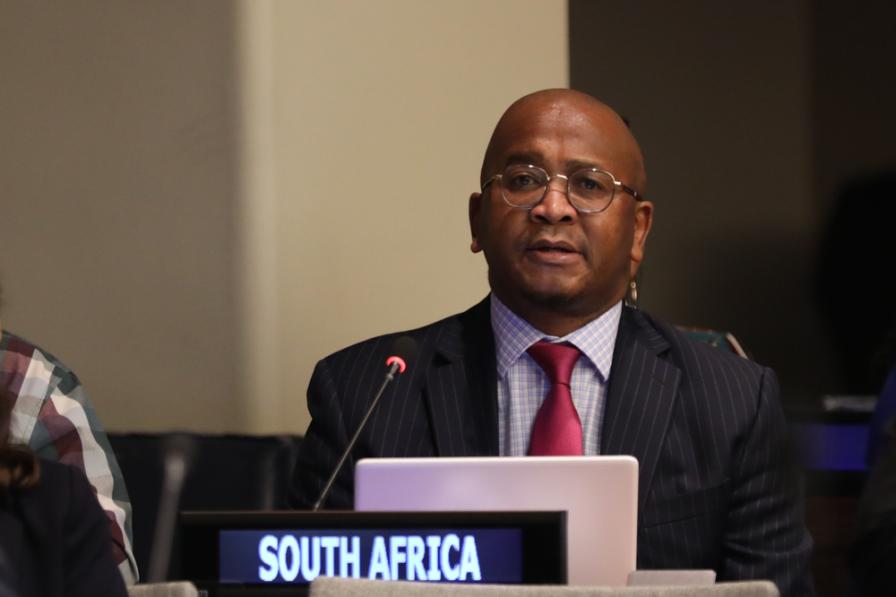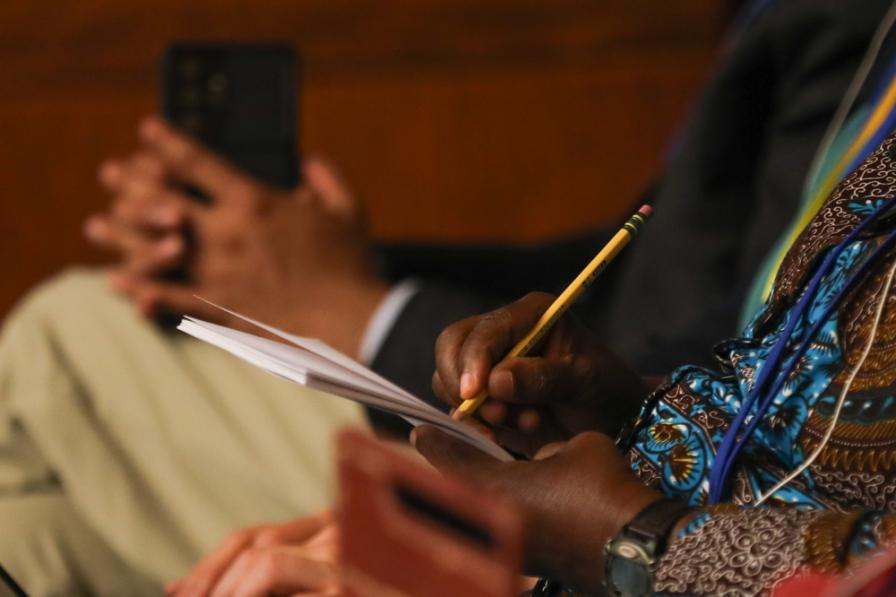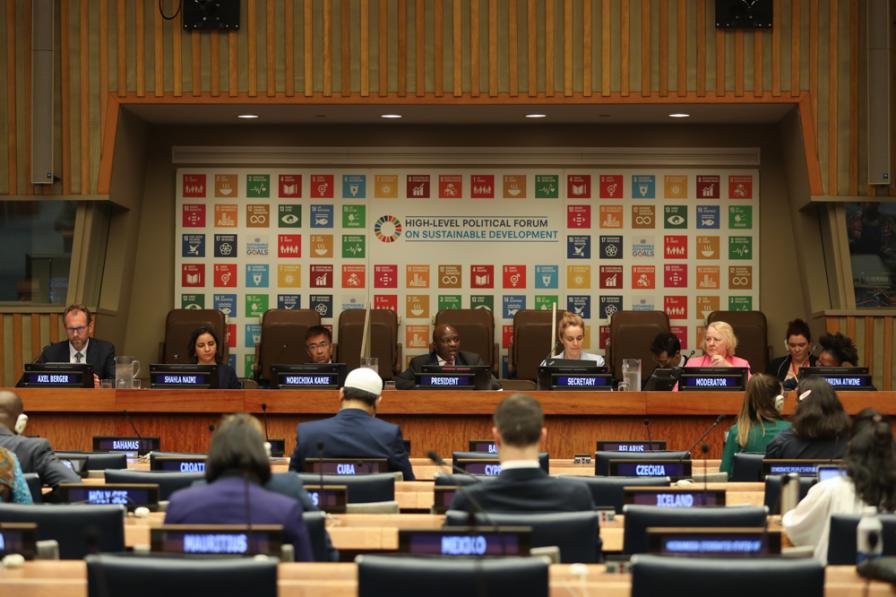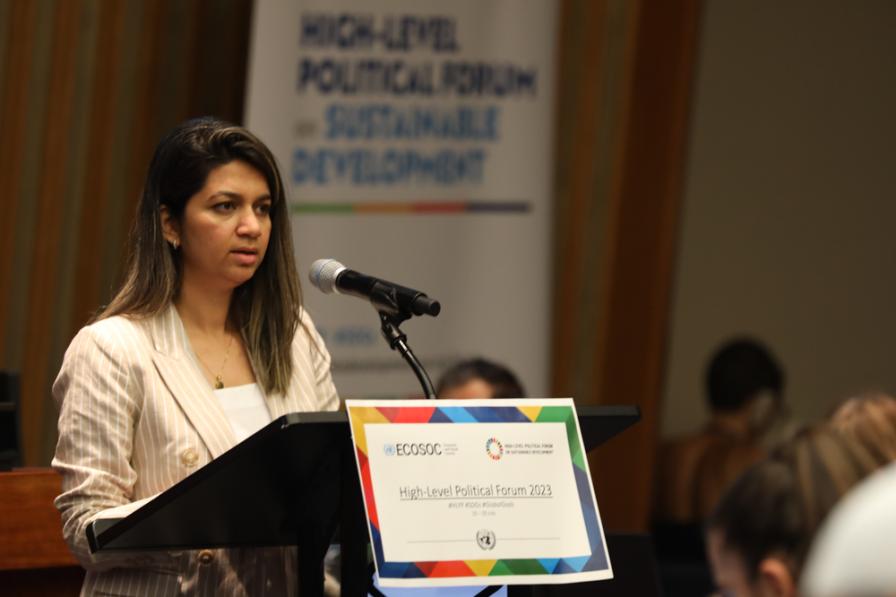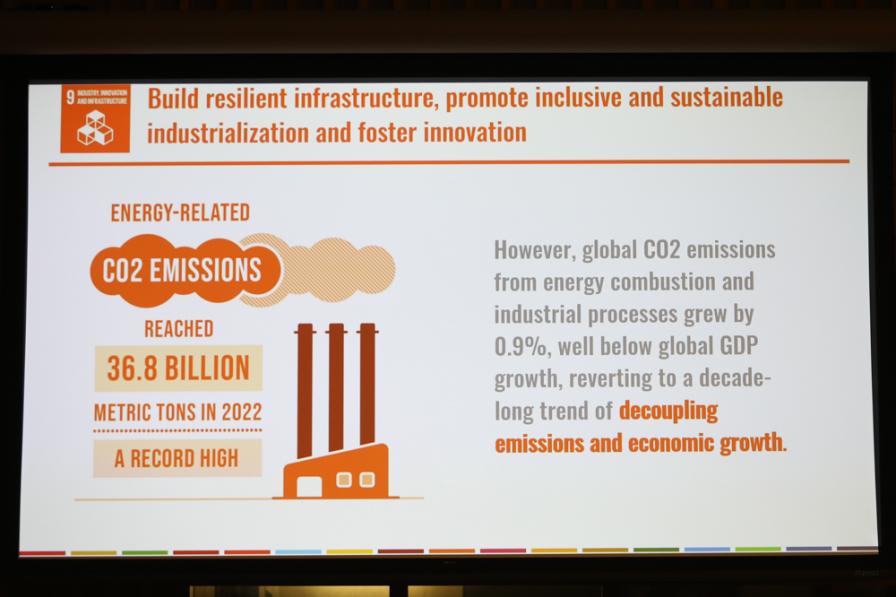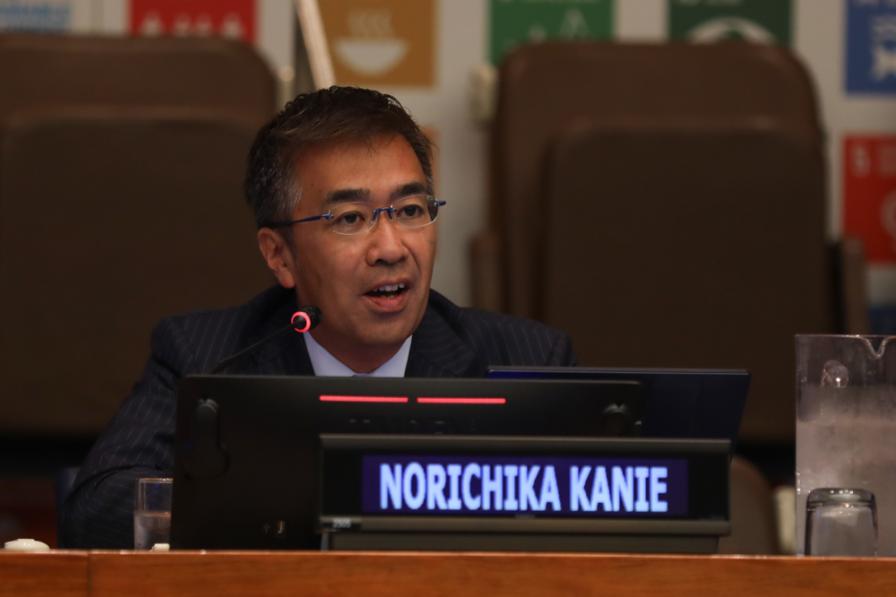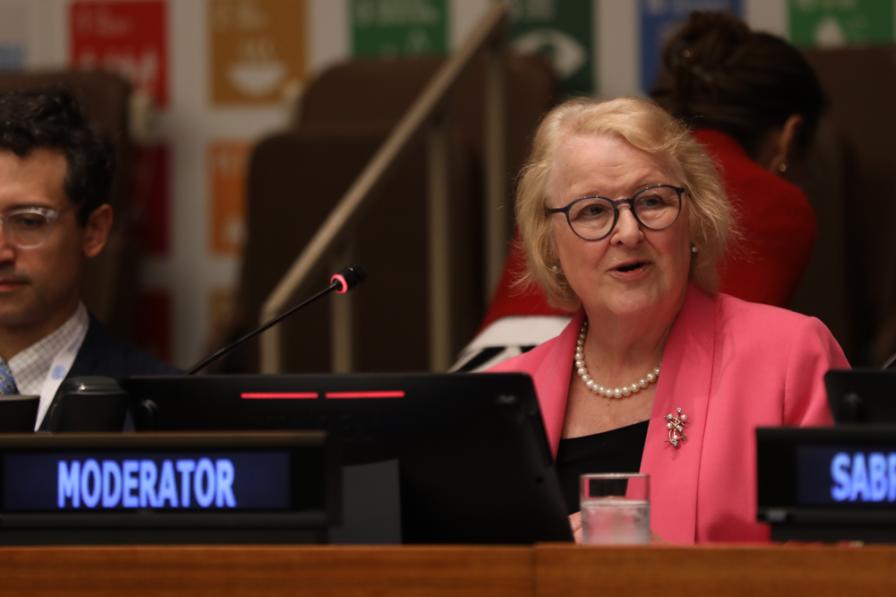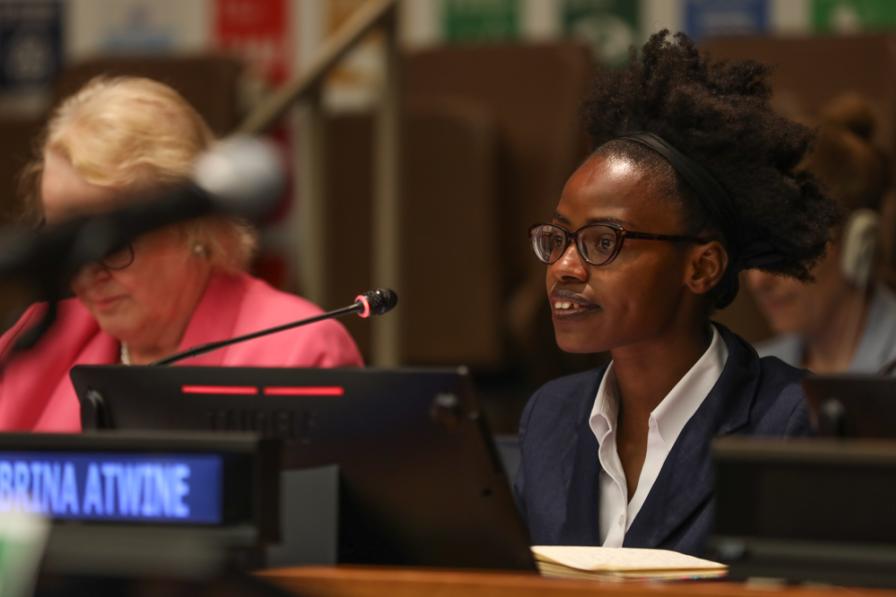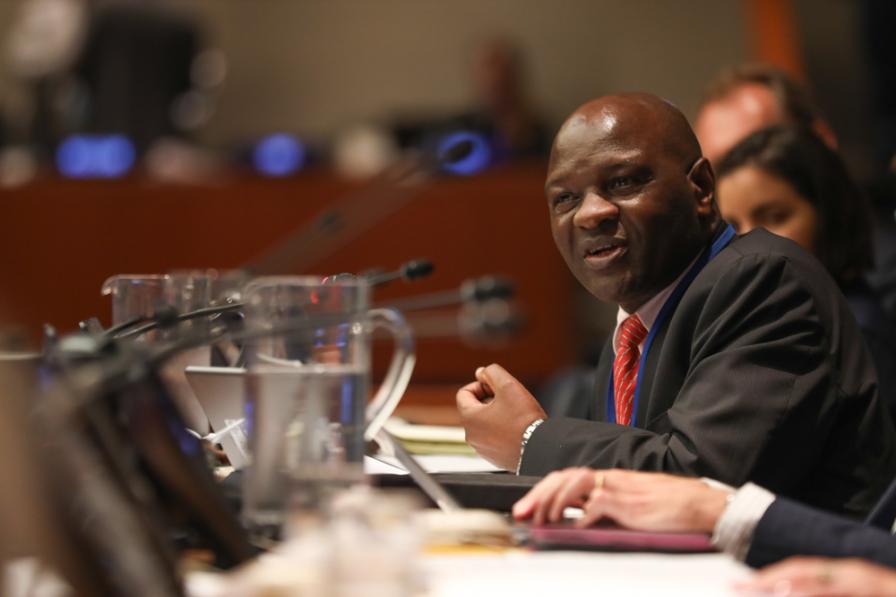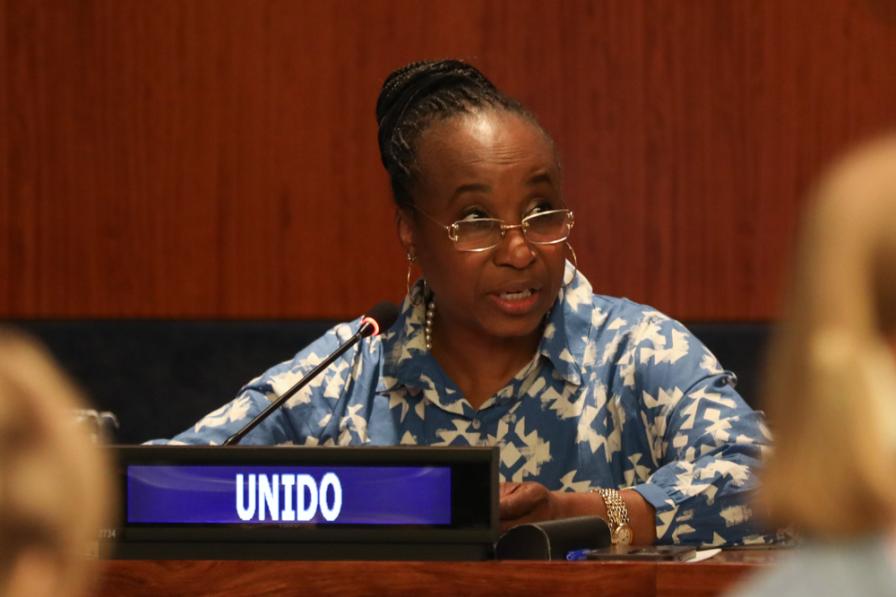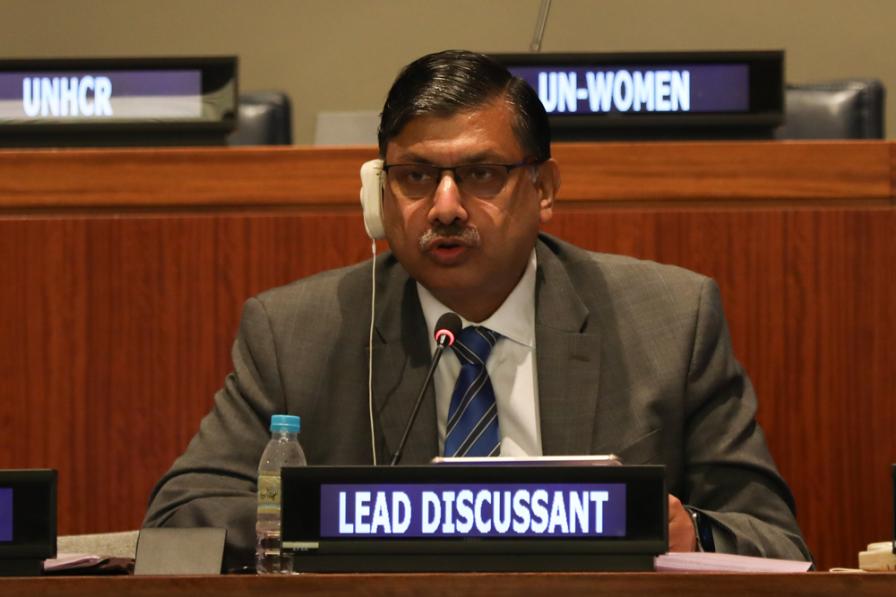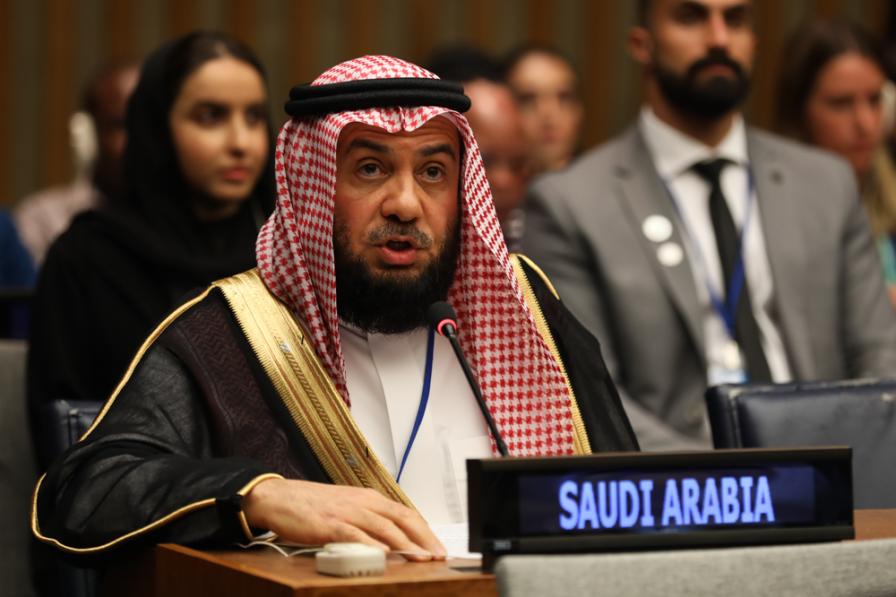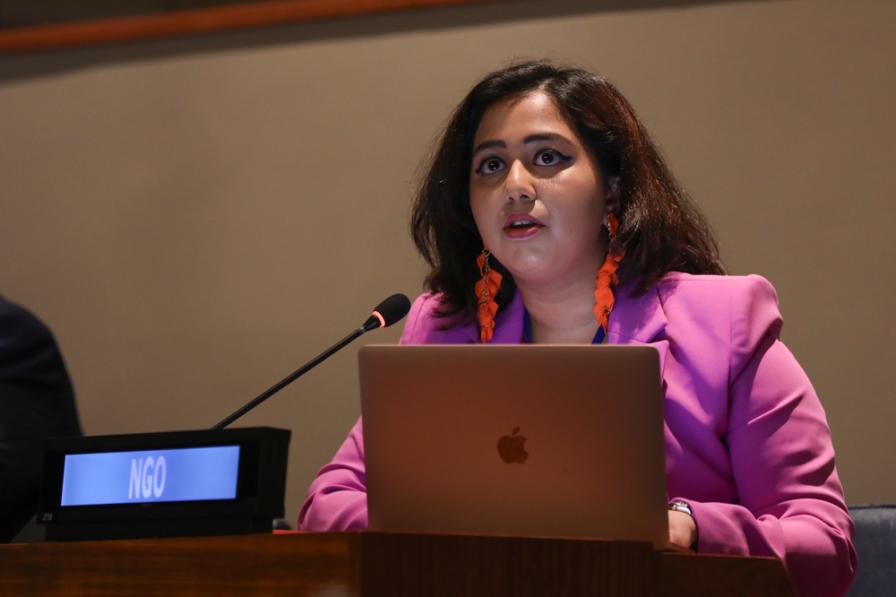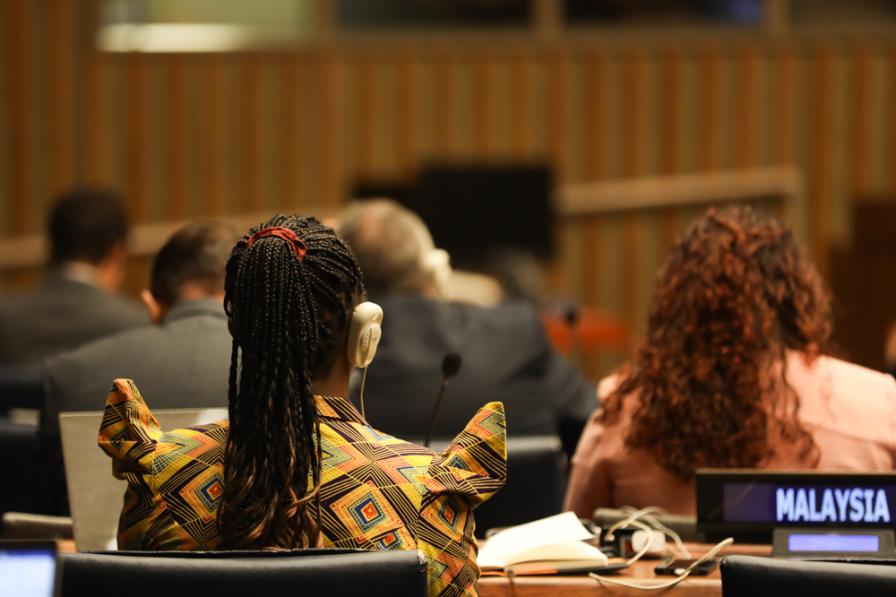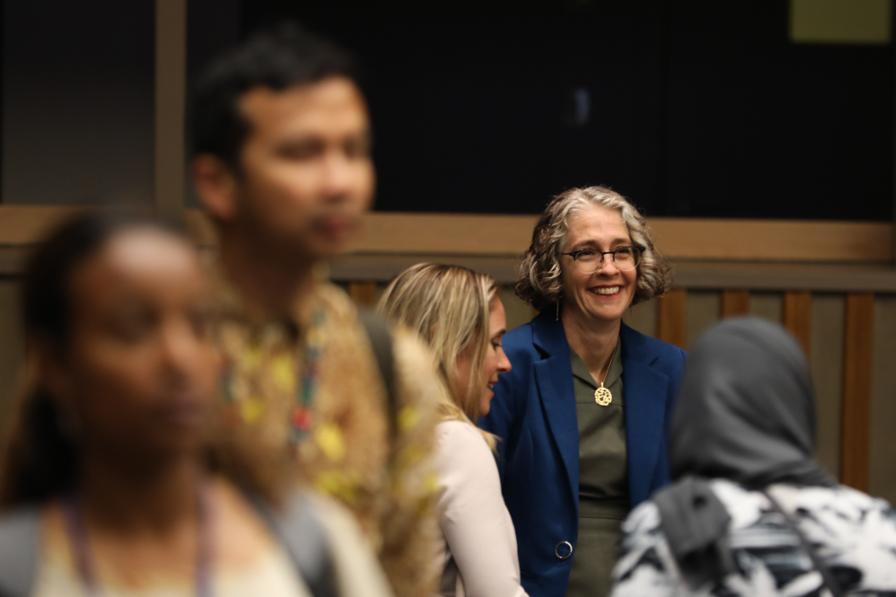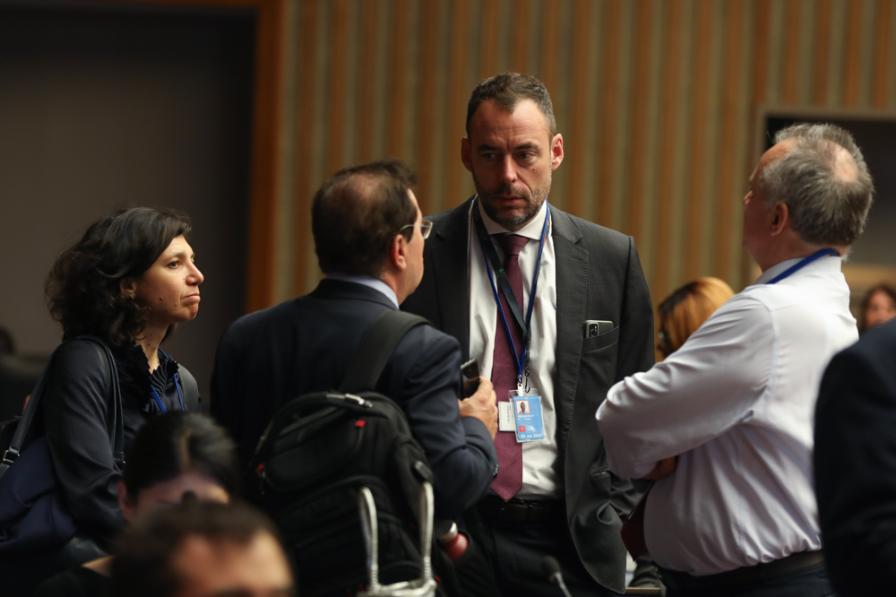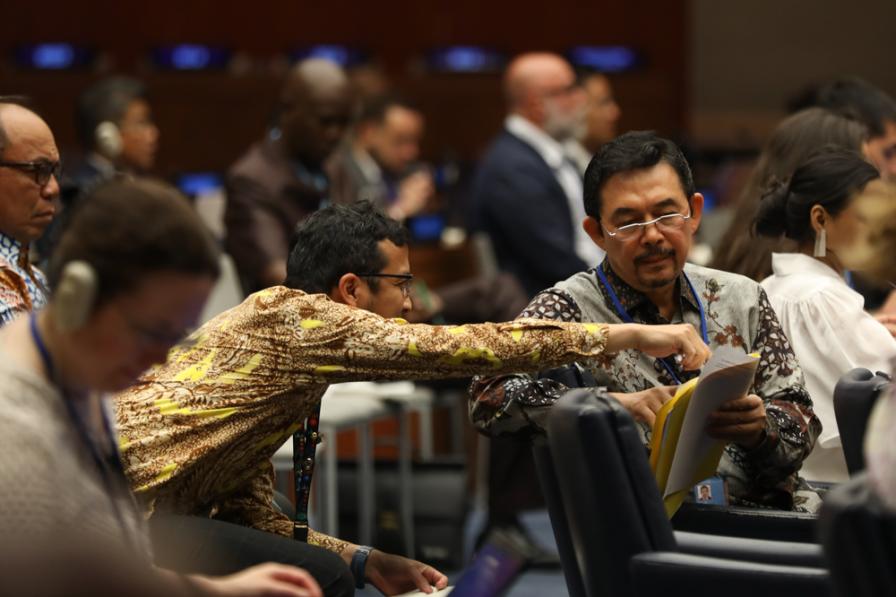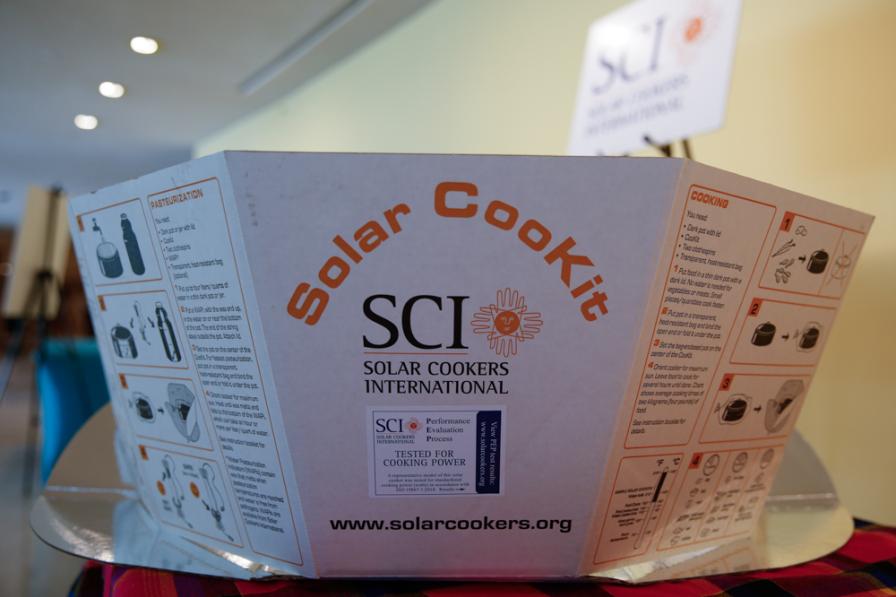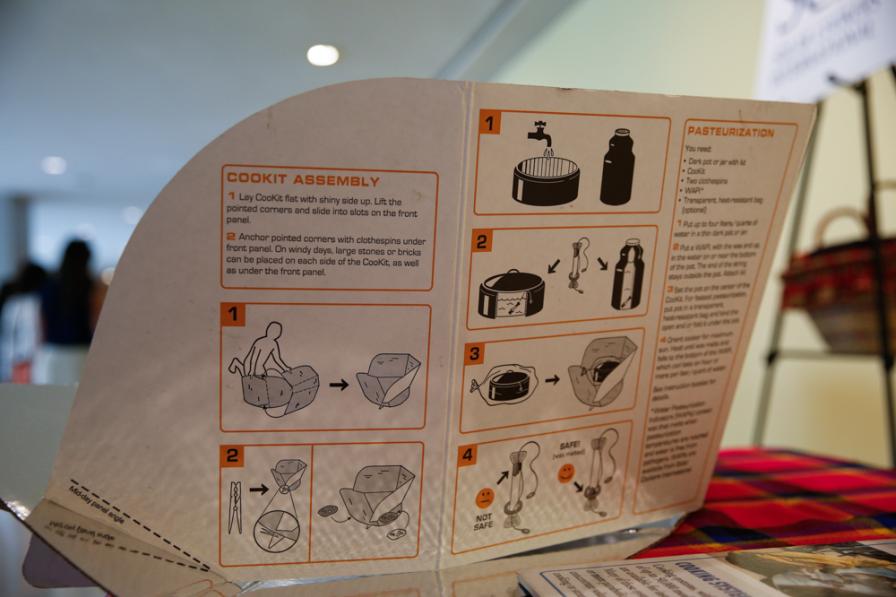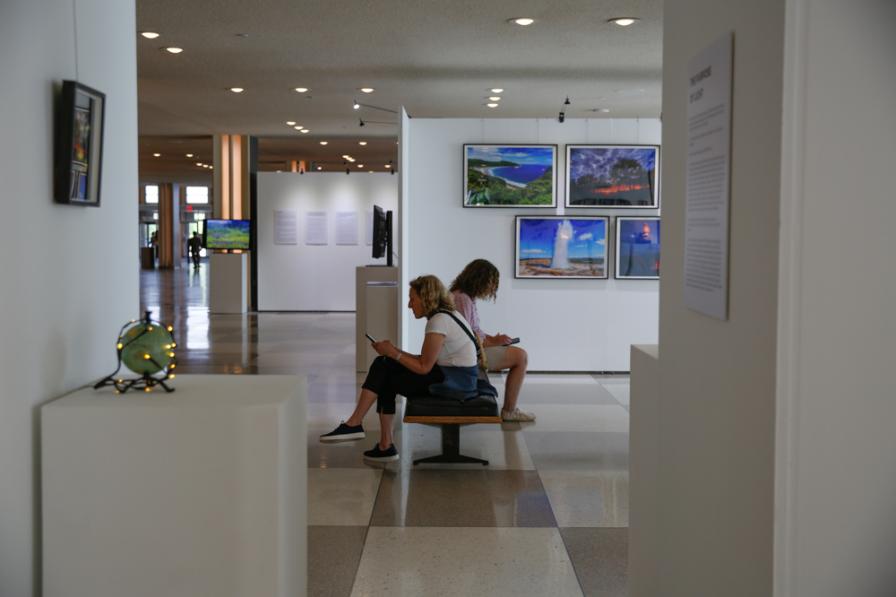Achieving Sustainable Development Goal (SDG) 7 on affordable and clean energy by 2030 is “an unprecedented challenge” but still possible—with scaled-up ambition and the right policies. This was one of the main messages at the third day of the 2023 High-level Political Forum on Sustainable Development (HLPF). Delegates also discussed SDG 9 on industry, innovation and infrastructure, looking at how innovation can be a “game changer” for many SDGs, and the far-reaching impact and roles of sustainable infrastructure and of digital infrastructure and connectivity.
Want to dive deeper? Read the full Earth Negotiations Bulletin daily report.
SDG 7 and Interlinkages with Other SDGs – Affordable and Clean Energy
Damilola Ogunbiyi, Special Representative of the Secretary-General for Sustainable Energy for All, and Co-Chair, UN Energy, noted lagging progress toward SDG 7, but said “we have the opportunity and obligation to reverse this trend.” She pointed out energy is linked to achieving two-thirds of the 169 SDG targets and discussed Energy Compact achievements, including enhanced electricity access for six million people, 88 gigawatts (GW) renewable energy capacity installed, and 2,450 GW hours saved through energy efficiency measures.
Simon Stiell, Executive Secretary, UN Framework Convention on Climate Change (UNFCCC), said achieving SDG 7 while halving emissions by 2030 will require enabling policies; clear and ambitious targets; scaled-up deployment; redirecting capital to renewables and energy conservation; and ending fossil fuel subsidies.
Hans Olav Ibrekk, Special Envoy for Climate and Security, Norway, proposed establishing an intergovernmental panel on energy and prioritizing clean cooking on the agenda.
In the ensuing discussion, many delegates reported on national and regional efforts towards the clean energy transition. Delegates emphasized, among other things:
- the need for democratization and diversification;
- the creation of new jobs in the green energy sector;
- the need for safeguards against greenwashing and calling out “false solutions”;
- the need to promote energy efficiency and manage energy demand;
- innovative technologies and solutions such as green hydrogen, heat pumps and residual heat use, that can accelerate the transition;
- the health impacts of investments in SDG 7; and
- investment in weather and climate services to ensure climate-resilient energy infrastructure.
Panel moderator Sheila Oparaocha, Executive Director, Energia, said the message from interventions is clear: we must accelerate our efforts because people and the planet cannot wait.
SDG 9 and Interlinkages with Other SDGs – Industry, Innovation and Infrastructure
The panel on SDG 9 emphasized the role innovation, industrial policy and sustainable infrastructure, particularly inclusive and widely-accessible digital infrastructure, can play in realizing other SDGs. Norichika Kanie, Keio University, Japan, and Member, Independent Group of Scientists writing the Global Sustainable Development Report, underscored the role science, technology and innovation can play in scaling up solutions and enabling needed transformations.
Melike Yetken Krilla, Google, emphasized connecting under- and un-connected populations to high-speed internet to bring them into the modern economy and enable their participation in the most important technological advances.
Axel Berger, German Institute of Development and Sustainability, said “industrial policy is here to stay,” so we might as well green it and make it sustainable. Nagesh Kumar, Director, Indian Institute for Studies in Industrial Development, said lessons from India's industrial policies are that well-crafted and executed strategies do deliver, and well-formulated strategies can help achieve a green transition with positive spillovers for other Goals.
The ensuing discussion gave delegates the opportunity to highlight their commitment to, and outline in-country and regional progress on SDG 9, emphasizing the realized and potential role of partnerships in effectively closing gaps to achieving this Goal. Speakers underlined the breadth of sectors that require integrated, optimized, and innovative infrastructure, from transport to broadband to food production. Many noted the central role of the private sector in driving innovative and resilient infrastructure development, with governments’ parallel role in creating enabling environments.
To receive free coverage of global environmental events delivered to your inbox, subscribe to the ENB Update newsletter.
All ENB photos are free to use with attribution. For HLPF 2023, please use: Photo by IISD/ENB | Kiara Worth.
SDG 9: Industry, Innovation, and Industry
Around the Venue

Solar Cookers International display a variety of easy-to-assemble solar cookers that can be used to improve energy access for cooking in rural areas, helping to progress efforts towards SDG 7
